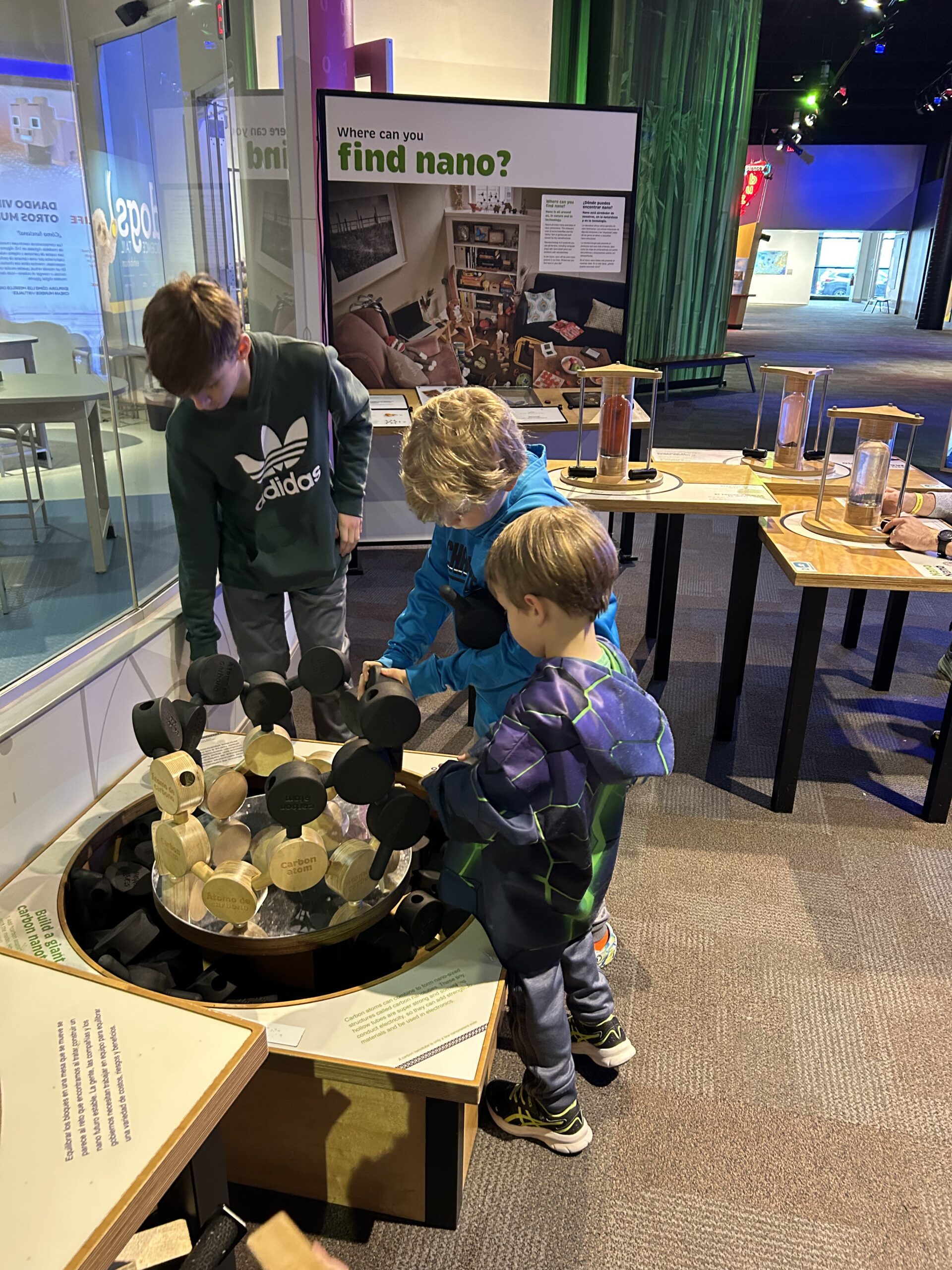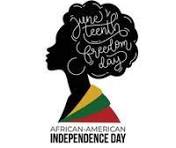Some educators call hands on learning by various names; the most popular being problem based or project based. Sometimes they are just referred to as activities. In short an activity is just that – it’s an activity that is simply fun unless it’s problem or project based oriented. A math activity that uses M&Ms for counting and then eating is just an activity with no purpose except to excite the children and place the focus on eating the candy. Cutting, pasting, and coloring is not a learning activity unless it is to practice the use of fine motor skills. Sometimes activities have a purpose but they usually just stand alone. Meaningful activities have a purpose of learning and making a connection to some content.
Most recently I have had the pleasure of spending two days with elementary teachers addressing hands on activities for connecting science, technology, engineering, and math. In doing so, we connected language arts to each of those subjects through various activities. The teachers never brought up rote memorization of facts or recalling answers from a story. They discussed the importance of student discussions of claims and evidence, defending their evidence with collected data, designing additional investigations, and researching for additional information.
When students come home from school they should be excited about a problem they solved that day. They should have collaborated with their peers and communicated information to others (texting and posting included). Students should have connected their learning to real-world situations. They should have conceptual knowledge in science, technology, engineering, and math – all of which include reading, researching, and investigating. Their technology should include various tools used every day.
When a student comes home from school the stock answer to “What did you do in school today?” should not be “Nothing”. The focus of conversations should be built on the orientation of careers in science, technology, engineering, and math. The question many parents ask when a child comes home from school shouldn’t be “What did you do today?” It should be what did you do today in science, math, and engineering? What tools did you use in school today?” Career orientation should start as early as kindergarten.
Many times teachers and parents focus the male students on the sciences and mathematics. We need to correct negative perceptions that female students have about embracing science and math. As long as children of both genders are exposed to science, technology, engineering, and mathematics and are equally encouraged to study those fields with a genuine interest, they will continue to seek out those fields in the future.
Tomorrow’s careers need to be the focus of today. Subjects need to be taught by engaged and enthusiastic teachers that support using hands-on minds-on activities. Parents and educators need to encourage and support this type of learning in order to guide our students into their future career choices.


